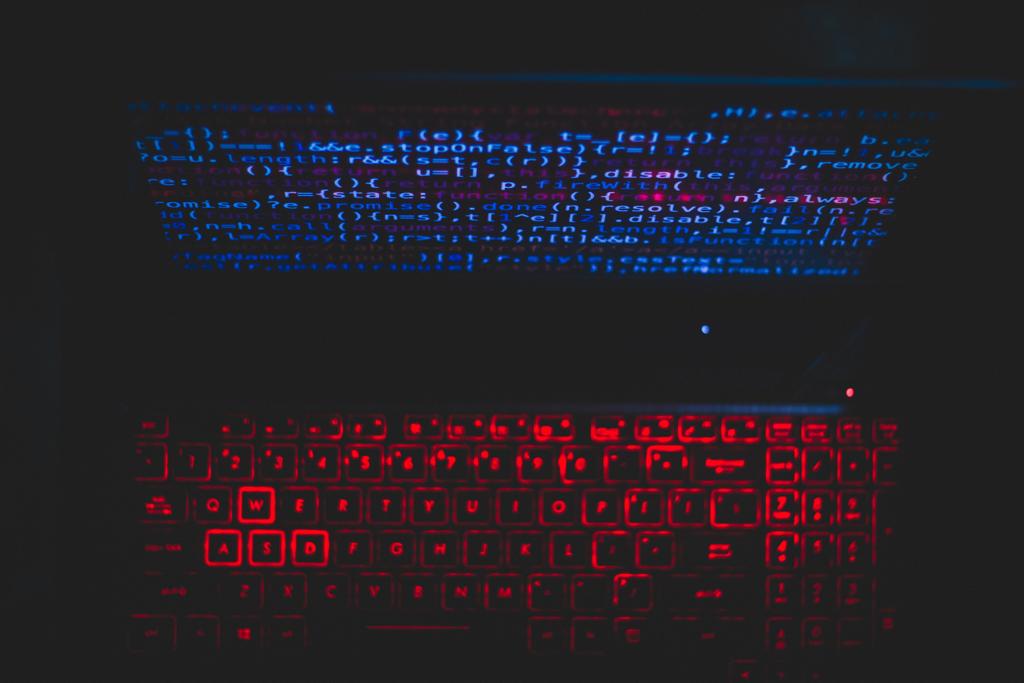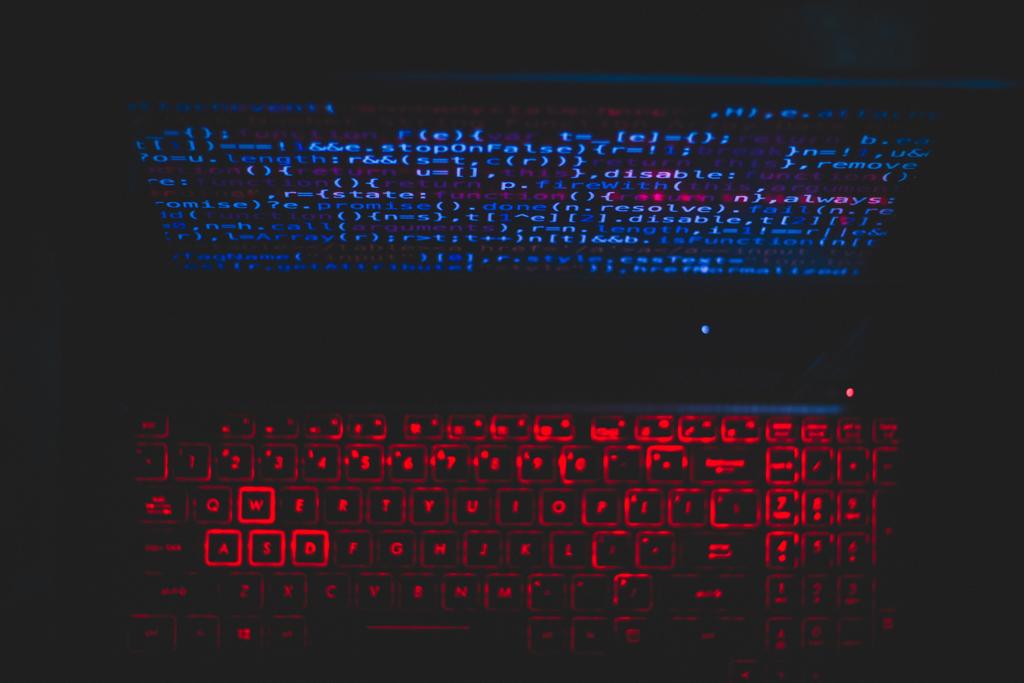Author: Francesco Cirillo - U.S. Team
Washington and Beijing have planned strategies to increase semiconductor production with the advent of Artificial Intelligence. For this reason, Washington is somewhat concerned about China's chip production capabilities; the concern increased after the unveiling of the new Mate 60 Pro smartphone by Huawei. The chip component of this product is unique: in fact, semiconductor companies in Beijing and the People's Republic produce them entirely. US analysts think this demonstrates Beijing's technological capabilities and China's ability to become independent in technology production.
It is crucial for many companies, particularly Nvidia, to maintain a steady relationship with the People's Republic; this is a different view for the US government. To slow the growth of the industry, especially the development of the artificial intelligence field, the White House, Congress, and the defence and intelligence apparatuses should implement a containment strategy in the supply chain of the semiconductor industry. The New York Times states that China has used artificial intelligence tools, in particular, to pursue disinformation actions. This, according to Microsoft researchers, indicates that Beijing is eager to use generative AI to produce images and disseminate them online to apply disinformation actions.
For Beijing, one of the ways China could obtain the resources to compete with the US in that area is through the technology race. In a recent report translated by the CSIS (Political Bureau of the Central Committee of the CCP, 2023), At the Seventh Collective Study Session of the CCP Central Committee Politburo, Xi Jinping Emphasized Comprehensively Strengthening Military Governance and Using High-Standard Governance to Promote High- Quality Military Development [习近平在中共中央政治局第七次集 体学习时强调 全面加强军事治理 以高水平治理推动我军高质量发展]. Interpretation: China (originally published 2023), a working group of the Political Bureau of the Central Committee of the Communist Party of China, outlines guidelines for the integration of HiTech tools into the Chinese armed forces.

Beijing recently announced the launch of a new approximately USD 40 billion investment fund intending to support the industrial growth of technology companies. The contention between the People's Republic of China and the US has also affected the artificial intelligence sector. The US is trying to impose restrictions on US companies operating and selling technology products to Chinese companies to hinder China's access to the industrial chain.
The Semiconductor Industry Association has stated that China will purchase chips and semiconductors worth around $180 billion in 2022 and only a few companies, including Intel, Nvidia and Qualcomm, have a significant relationship with Beijing. These companies are the only ones authorised by the US authorities to sell chips for Huawei's smartphones. In an economic and technological competition that Washington hopes will limit China's growth and development in the HiTech sector, further trade conflicts could also hurt US companies themselves.

No comments.